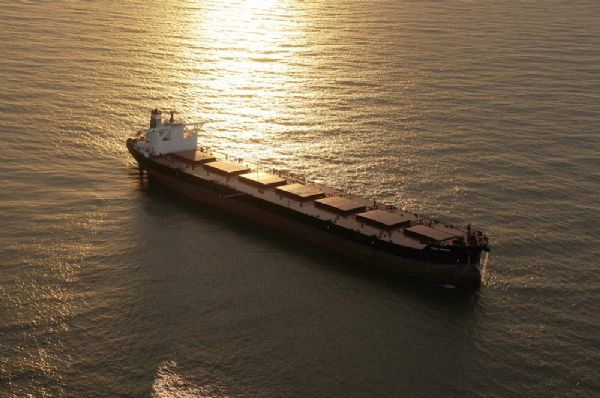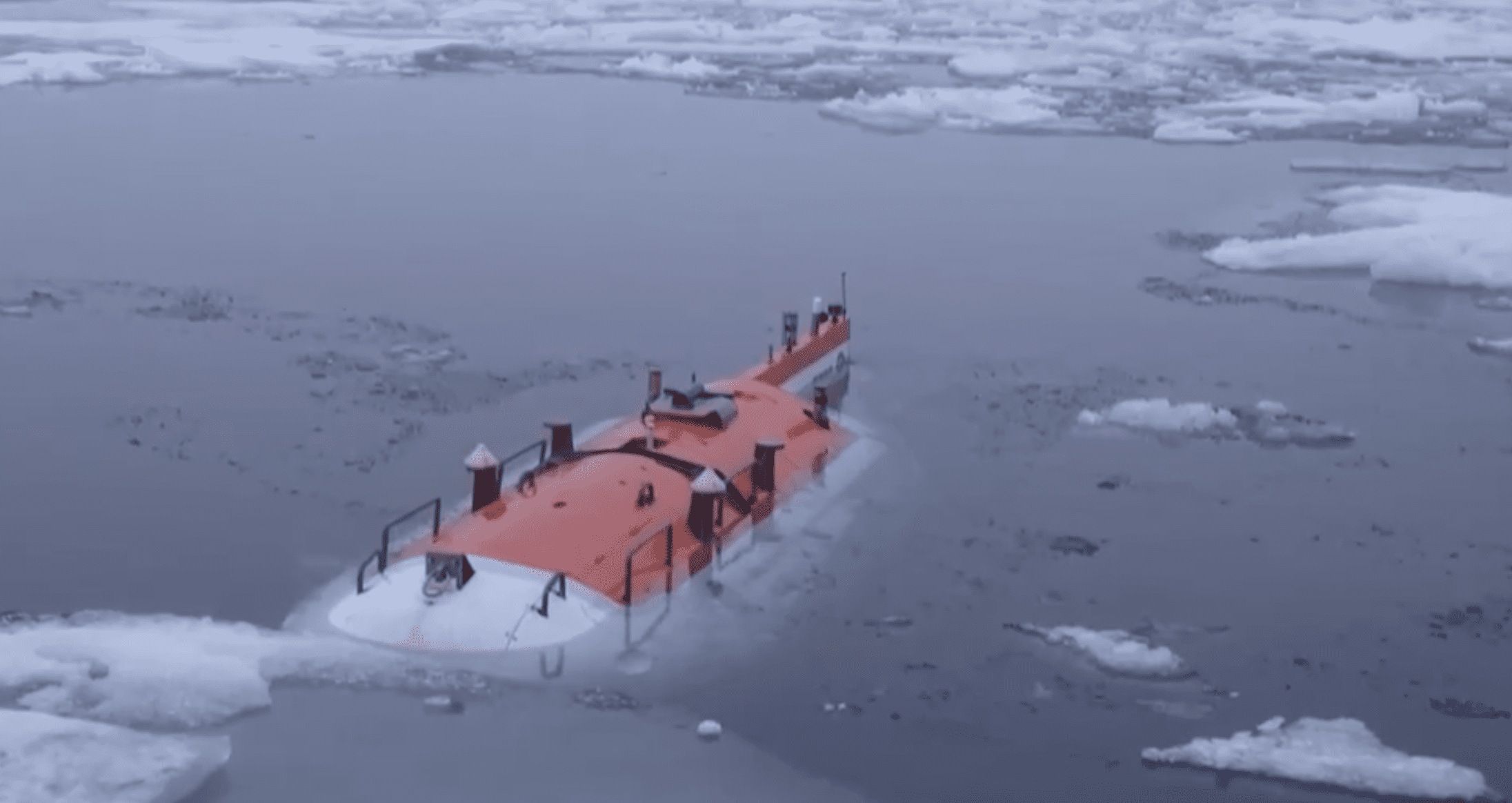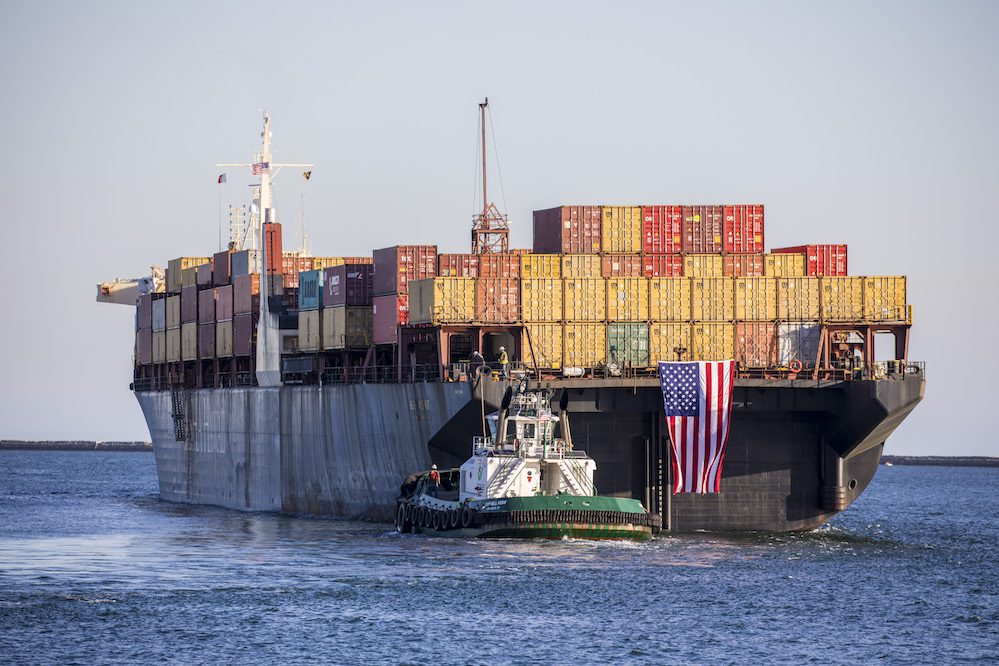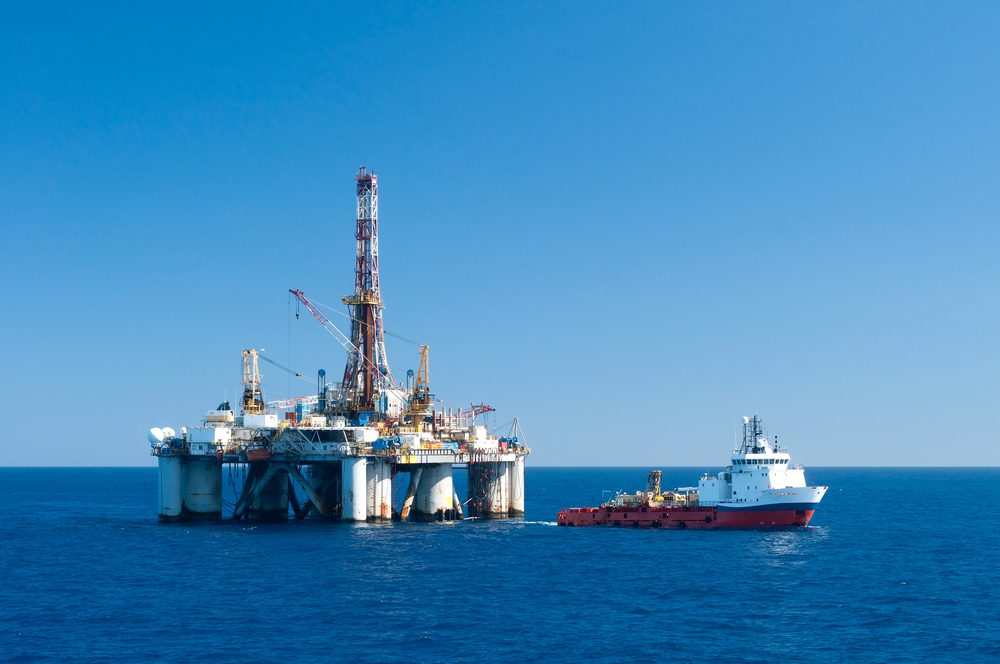Credits: Agência Vale

By Karl Plume
April 18 (Reuters) – By Ruby Lian and Manolo Serapio Jr
SHANGHAI/SINGAPORE, April 18 (Reuters) – A giant iron ore carrier owned by top global producer Vale called at a port in eastern China this week, marking the first entry of the ships since Beijing banned them in January 2012.
China banned the Brazilian miner’s mega ships, called Valemaxes and measuring around 400,000 deadweight tonnes, over safety concerns and to protect its own ocean-freight industry as a glut in vessels globally dragged down shipping rates.
It was unclear if China had lifted its ban on the vessels to allow the Valemax to enter the port, although Vale has said it has been in talks with Chinese authorities to regain entry.
“We’ve been aware of this on Tuesday evening and already reported this to the National Development and Reform Commission and Ministry of Transport,” Zhang Shouguo, secretary general of the China Shipowners’ Association told Reuters by phone.
Ministry of Transport officials were not immediately available for comment. Vale’s offices in China declined to comment, according to a spokeswoman. Officials at Vale’s headquarters in Rio de Janeiro also declined to comment.
The Valemaxes, the world’s biggest dry bulk vessels, are big enough to hold three soccer fields end-to-end on their decks. They can carry enough ore to make about 270,000 tonnes of steel.
The ships are central to Vale’s efforts to cut transport costs and better compete with Australian miners BHP Billiton and Rio Tinto , whose mines are closer to China, the world’s biggest iron ore consumer.
EN ROUTE TO SINGAPORE
Vale Malaysia, measuring 402,285 dwt, entered the Lianyungang port in China’s Jiangsu province on Monday and left on Wednesday after unloading its cargo, according to Reuters shipping data and sources with knowledge of the matter.
A shipping source in China said the ship unloaded about 220,000 tonnes of iron ore and was still carrying nearly 87,000 tonnes when it left the port. The ship is headed for Singapore and expected to arrive on April 26, according to shipping data.
Before this week, the last time a Valemax entered a Chinese port was in late December 2011 when the 388,000-dwt Berge Everest called at the port of Dalian in what shipping sources said then was probably a fluke.
No Chinese ports have regulatory approval to receive dry bulk carriers of more than 300,000 tonnes. Most of the ships, though, were built in Chinese shipyards and partly financed by the country’s international development bank.
With Beijing closing ports to the Valemaxes, Vale built a floating transhipment hub in the Philippines to stay closer to its biggest market. A permanent, land-based transhipment centre in Malaysia is scheduled to open in 2014.
Still, Vale said it was losing $2-$3 per tonne in iron ore shipping costs because of China’s ban on its Valemaxes since Vale has to transfer the ore from the Valemaxes at sea to smaller vessels to deliver them to China.
Vale expects to have a fleet of 36 Valemax ships sailing by the end of this year, Vale’s Rio de Janeiro press office said on Thursday. Of those ships, 19, including the Vale Malaysia, will be owned directly by Vale. The rest will be owned by third parties and operated under fixed cargo contracts with Vale.
Vale preferred shares, the company’s most-traded class of stock, fell 1.1 percent to 30.66 reais in late Thursday trading in Sao Paulo.
(c) 2013 Thomson Reuters, Click For Restrictions

 Join The Club
Join The Club











